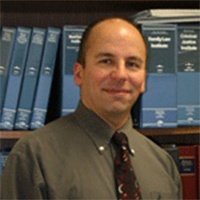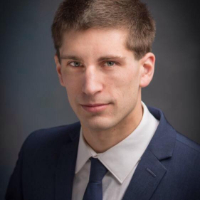Aitkin DUI-DWI Lawyer, Minnesota
Not enough matches for Aitkin DUI-DWI lawyer.
Below are all Aitkin Criminal lawyers.
Edward R Shaw
✓ VERIFIEDDivorce & Family Law, Criminal, Real Estate, Estate, Bankruptcy & Debt
The Law Office of Attorney Edward R. Shaw is located in Brainerd, Minnesota and has been serving the Brainerd Lakes Area and surrounding counties with... (more)
Allen J. Peterson
✓ VERIFIEDCriminal, Divorce & Family Law, Traffic, Estate Planning, Wills
Minnesota Native Allen J. Peterson is a 2017 graduate of the University of St. Thomas – School of Law. Allen was born September 24, 1991 in Dakota C... (more)
Erik Albert Christensen
Timeshare, Traffic, DUI-DWI, Contract
Status: In Good Standing Licensed: 20 Years
Daniel Mayer Hawley
Divorce & Family Law, DUI-DWI, Elder Law, Contract, Collection
Status: In Good Standing
FREE CONSULTATION
CONTACT


